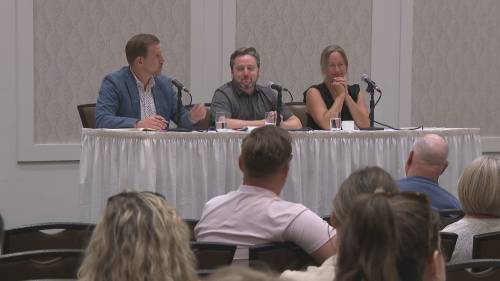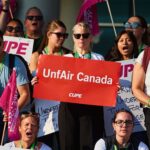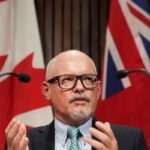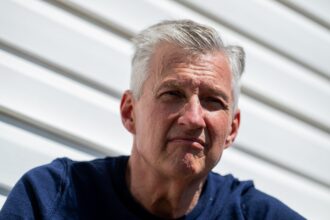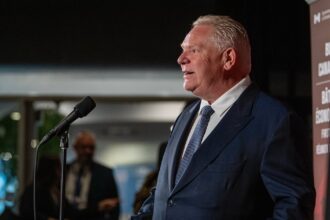In a packed community center last evening, Kelowna residents voiced mounting frustrations over deteriorating access to medical services as local officials scrambled to address what many are calling a healthcare crisis in British Columbia’s Interior region. The town hall—organized in response to growing public pressure—revealed deep-seated concerns that have been simmering beneath the surface for months.
“I’ve been without a family doctor for three years now,” said Eleanor Winters, a 67-year-old Kelowna resident who arrived an hour early to secure a seat at the event. “Every time I need care, it’s another eight-hour wait at the urgent care center or emergency room. How is this acceptable in Canada?”
The statistics paint a troubling picture across the Okanagan region. According to data presented at the meeting, approximately 42,000 Kelowna residents currently lack a primary care provider—nearly one in five people. This shortage has created a cascading effect throughout the healthcare system, with emergency departments reporting a 37% increase in non-emergency visits over the past two years.
Health authority representatives acknowledged these challenges while highlighting recent investments. “We’ve opened two new urgent and primary care centers in the region and recruited 14 new physicians since January,” said Regional Health Director Dr. Thomas Harrington. “But we recognize this isn’t enough to meet current demands.”
Community physicians in attendance painted a more complex picture of the situation. Dr. Sarah Levine, who operates a family practice in downtown Kelowna, pointed to administrative burdens and compensation models as major obstacles to physician retention.
“The current system makes it increasingly difficult for doctors to maintain viable practices,” she explained. “Many of my colleagues are reducing hours, relocating to other provinces, or leaving clinical practice altogether. Without addressing these fundamental issues, we’ll continue losing physicians faster than we can recruit them.”
Provincial officials faced pointed questions about healthcare funding and policy decisions. Ministry representatives committed to exploring additional urgent care options and expanded hours at existing facilities, though many attendees expressed skepticism about promises without firm timelines or funding commitments.
The meeting also highlighted innovative local solutions emerging from the crisis. A new physician-led cooperative has begun offering membership-based primary care services, while a nurse practitioner program at UBC Okanagan is preparing to graduate its first cohort specifically trained to serve interior communities.
Community advocates emphasized that the problems extend beyond doctor shortages. Mental health services, specialist care, and affordable prescription medication were all identified as critical gaps in the regional healthcare system.
“We’re seeing record numbers of people unable to afford their medications,” noted Sophia Carter, director of the Kelowna Community Health Network. “When patients can’t follow through with treatment plans, they inevitably return to emergency rooms in worse condition, creating a costly cycle that could be prevented.”
Municipal leaders pledged to continue advocating for provincial and federal support while developing local initiatives to address immediate needs. Mayor Raymond Chen announced the formation of a healthcare task force comprising medical professionals, business leaders, and community representatives to develop actionable recommendations.
As British Columbia approaches a provincial election year, healthcare access is increasingly becoming a defining political issue. Several attendees noted that their voting decisions would be heavily influenced by candidates’ positions on healthcare reform.
The town hall concluded with plans for quarterly follow-up sessions to track progress and maintain public pressure on decision-makers. For residents like Eleanor Winters, these meetings represent a glimmer of hope in an otherwise frustrating situation.
“At least people are finally talking about this publicly,” she said. “But what will it take for our healthcare system to truly serve everyone who needs it, regardless of income or postal code?”

